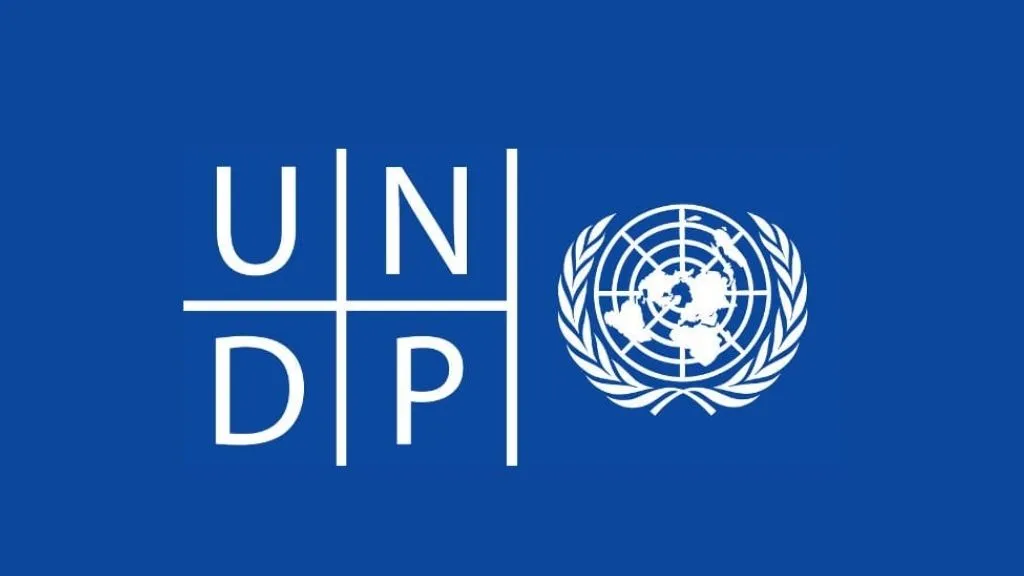By Muhammad Amaan
The United Nations Development Programme, Global Environment Facility, Small Grant Programme (UNDP GEF SGP) said it has trained no fewer than 200 teachers and 1000 pupils across Nigeria on green energy technologies.
Coordinator of the UNDP GEF SGP, Mrs Ibironke Olubamise, disclosed this in an interview with the News Agency of Nigeria (NAN), Abuja on Wednesday.
Mrs Olubamise explained that teachers and pupils were trained on green energy technologies and applications, using the Green Energy STEM Portal.
She explained that the Green Energy STEM Portal was an artificial intelligence-based learning management tool for training STEM educators and pupils.
She said that this was with the collaboration of the Lagos State Research and Innovation Council and tested by more than 40 teachers in the state.
“Couple of projects supported by the UNDP GEF Small Grants Programme have adopted some digital tools for project implementation to enhance climate and environmental education; and built the capacity of students to address climate change in schools.
“Projects have adopted the use of Canva for creating infographics, social media posts, and presentations on environmental related climate topics for ease of understanding by the students and teachers,” Olubamise said.
According to her students and teachers use videos/YouTube videos during trainings and eco club meetings on how to install simple solar system and others on simple waste recycling techniques.
“They have also used WhatsApp platform to form a group of all the eco club mentors (Matrons/Patrons) where they share climate and environmental information.”
She added that the UNDP GEF Small Grants Programme was always very mindful of the youth, women and the physically challenged, when reviewing proposals for possible funding support.
“Thus, any project that specifically targets any or a combination of this group of people will always get more attention and be considered for possible support.
“The programme usually requests to know the population (disaggregated) of beneficiaries to be sure the marginalised and vulnerable are not overlooked in project design, support and implementation.
Mrs Olubamise said that several projects have thus made efforts to translate into different languages to ensure better understanding and inclusion.




